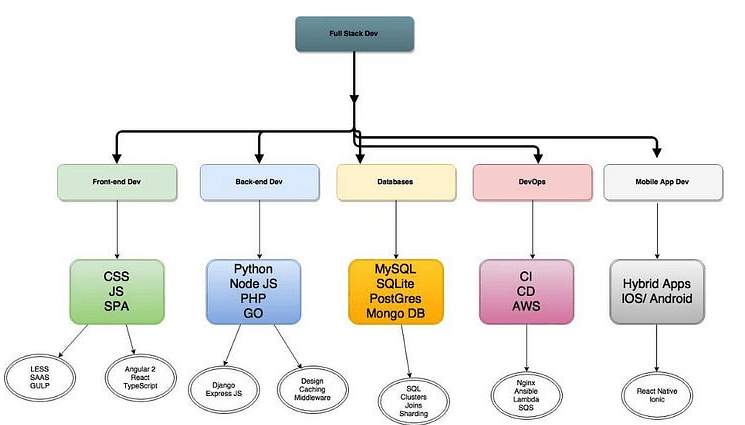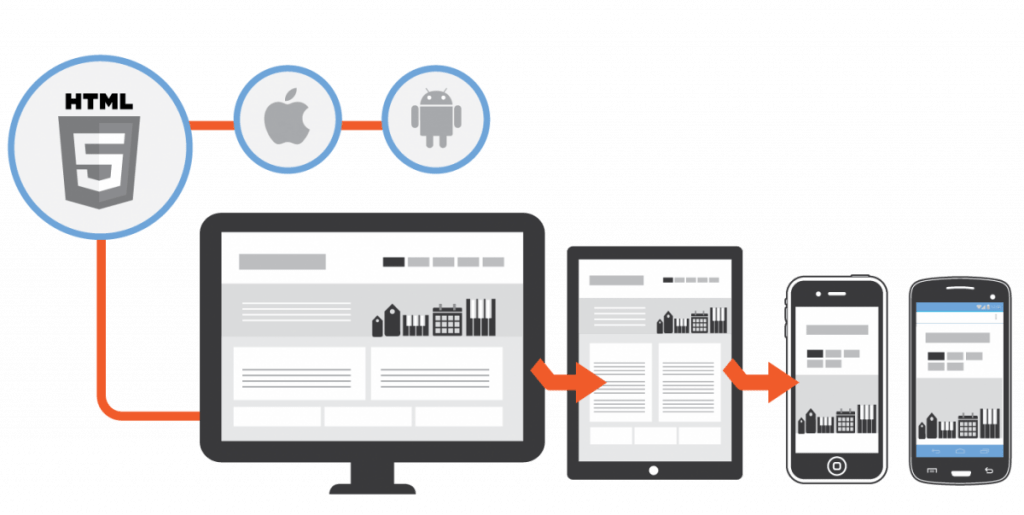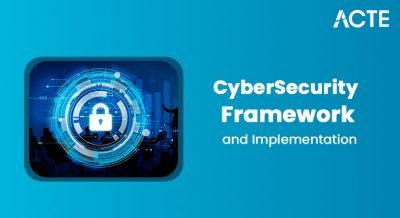
- Frontend Web Developer
- Backend Web Developer
- Full Stack Web Developer
- Web Application Developer
- Mobile Web Developer
- UI/UX Developer
- Web Designer vs. Web Developer
- WordPress Developer
Frontend Web Developer
A Frontend Web Developer is responsible for crafting the visual and interactive elements of a website or web application that users engage with directly. Their primary focus lies in enhancing the user interface (UI) and user experience (UX), ensuring that the website is visually appealing, intuitive to navigate, and responsive across different devices and browsers. This role involves implementing designs from UI/UX Developer, translating them into functional and visually accurate web development. A key aspect of the job is ensuring responsive design, meaning the website performs well and looks consistent on desktops, tablets, and mobile devices. Frontend developers also play a vital role in performance optimization, working to reduce load times and enhance the overall speed and fluidity of the site. Frontend and Backend is a crucial part of the role, as frontend developers often coordinate with backend developers to ensure smooth integration between the front and back ends of a web application. To perform effectively, frontend developers need strong technical and design-oriented skills. They must be proficient in HTML, CSS, and JavaScript, the core building blocks of the web development. Familiarity with popular frontend frameworks and libraries such as React, Vue, or Angular is also essential for Web Designing and Development Courses and scalable interfaces. Additionally, a solid understanding of responsive design principles and cross-browser compatibility helps ensure a consistent user experience across platforms. Knowledge of version control systems like Git is important for tracking changes and collaborating within a team. Lastly, the ability to work with design tools such as Figma or Adobe XD allows developers to accurately translate mockups and prototypes into functional code
Backend Web Developer
A Backend Web Developer is responsible for creating and maintaining the server-side components of a website or web application. They handle the business logic, databases, and server-side integrations to ensure that the application works smoothly and reliably.
Key Responsibilities:
- Database Management: Backend developers handle databases, ensuring data is stored, retrieved, and processed effectively.
- Server-Side Scripting: They write server-side code in languages like Node.js, Python, or Ruby to implement the application’s necessary functionality.
- API Integration: Backend developers are often TypeScript vs JavaScript: Which One Should You Use with creating and managing APIs to ensure the front-end and back-end communicate seamlessly.
- Security & Authentication: They also work on authentication mechanisms to keep user data secure.
- Proficiency in server-side programming languages like Node.js, Python, PHP, or Java.
- Knowledge of databases (SQL, NoSQL).
- Experience with RESTful APIs and GraphQL.
- Strong understanding of server-side frameworks like Express.js, Django, or Spring Boot.
- Familiarity with cloud platforms like AWS, Azure, or Google Cloud.
Key Skills:
Learn the fundamentals of Web Development with this Web Developer Certification Courses .
Full Stack Web Developer
A Full-Stack Web Developer is a versatile developer capable of handling front- and back-end development tasks. They bridge the gap between the user interface and the server-side application, often managing entire web applications independently or as part of a team.
Key Responsibilities:
- End-to-End Development: Full-stack developers design and implement both the frontend and Backend developers of web applications.
- Collaboration with Teams: They often work with DevOps vs Full Stack, project managers, and other developers to create a cohesive and functional product.
- Troubleshooting & Optimization: Full-stack developers troubleshoot issues across the stack and optimize performance.
- Expertise in frontend (e.g., HTML, CSS, JavaScript) and backend technologies (e.g., Node.js, PHP, Ruby).
- Experience with databases and version control. Familiarity with DevOps practices and cloud services.
- Comfortable with full-stack frameworks like MERN (MongoDB, Express, React, Node.js) or MEAN (MongoDB, Express, Angular, Node.js).
- Strong understanding of RESTful APIs and how to integrate Frontend Web Developer applications with backend services.
- Knowledge of authentication and authorization techniques (e.g., OAuth, JWT).
- Experience with testing tools and practices, including unit, integration, and end-to-end testing.
- Ability to work in Agile/Scrum environments and collaborate effectively with cross-functional teams.
- Responsive Design: web development focus on creating mobile-optimized versions of websites.
- Mobile-Specific Functionality: Web Developer Certification Courses may add features like touch gestures, geo-location, and mobile-friendly navigation.
- Performance Optimization: Mobile developers focus on reducing page load times and ensuring a smooth experience on lower-powered mobile devices.
- Expertise in responsive web design.
- Knowledge of mobile-first design principles.
- Familiarity with mobile web performance optimization.
- Proficiency in mobile frameworks (e.g., Ionic, React Native).
- Experience in implementing Progressive Web Apps (PWAs) for enhanced mobile functionality.
- Understanding of touch-friendly UI JavaScript Callback Functions and gestures for mobile interfaces.
- Ability to test and debug mobile web applications across various devices and screen sizes. Knowledge of mobile accessibility standards and best practices (e.g., WCAG compliance).
- Designing Interfaces: UI/UX developers design the website’s visual components and ensure they align with the brand’s identity.
- User Research & Testing: UX designers conduct user research, testing, and feedback analysis to improve usability.
- Prototyping & Wireframing: Dynamic Web Applications build wireframes and prototypes using tools like Sketch or Figma.
- Proficiency in UI/UX design tools (e.g., Sketch, Adobe XD, Figma).
- Understanding of human-computer interaction and user behavior.
- Ability to design interactive wireframes and prototypes.
- Knowledge of design systems and visual design principles.

Key Skills:
Dive into Web Development by enrolling in this Web Developer Certification Courses today.
Web Application Developer
A Web Application Developer is focused on building dynamic, interactive, and complex web applications. These applications often serve as the backbone for businesses and organizations, offering functionality beyond a typical static website. Building Interactive Applications developers create interactive and dynamic features using languages like JavaScript and frameworks like Scope of Web Development, Vue, or Angular. Database and API Integration ensure seamless communication between the frontend and backend through API integrations. Security often deal with the application’s security, ensuring that sensitive data is handled appropriately. Expertise in frontend and backend development. Experience with full-stack frameworks. Knowledge of security protocols (e.g., SSL, encryption). Familiarity with Agile development methodologies.
Mobile Web Developer
A Mobile Web Developer specializes in developing websites and web applications optimized for mobile devices. Their work ensures users have a smooth and responsive experience on smartphones and tablets.
Key Responsibilities:

Key Skills:
Get hands-on experience in web technologies by signing up for this Web Developer Certification Course now.
UI/UX Developer
A UI/UX Developer focuses on both the aesthetic and functional aspects of web development, aiming to create a seamless and intuitive user experience. While UI (User Interface) focuses on the product’s appearance, UX (User Experience) focuses on how users interact.
Key Responsibilities:
Key Skills:
Want to ace your Web Development interview? Read our blog on Web Development Interview Questions and Answers now!
Web Designer vs. Web Developer
While Web Designers and Web Developers both play essential roles in creating a website, their responsibilities differ significantly Web Designers focus on the website’s look and feel. HTTP Request Methods are responsible for the layout, color scheme, fonts, and overall site aesthetic. They often use design tools to create mockups, which are then handed off to developers for implementation. On the other hand, web developers bring the designs to life through code. They are responsible for ensuring the website is functional, interactive, and accessible to all users.
WordPress Developer
A WordPress Developer specializes in building and customizing websites using the WordPress content management system (CMS). Their role involves both front-end and back-end development, with a strong emphasis on tailoring the platform to meet specific client or project requirements. One of Web Designing Training primary responsibilities is custom theme and plugin development, allowing them to enhance and extend the functionality of WordPress sites beyond standard capabilities. These developers often create unique designs or functionalities that align with branding and user experience goals. Another critical aspect of the role is performance optimization, where developers focus on improving website speed, enhancing SEO, and strengthening security to ensure a reliable and efficient site. In addition to development, they are also tasked with troubleshooting, diagnosing and fixing issues related to layout, compatibility, updates, or functionality to maintain smooth site operations.




